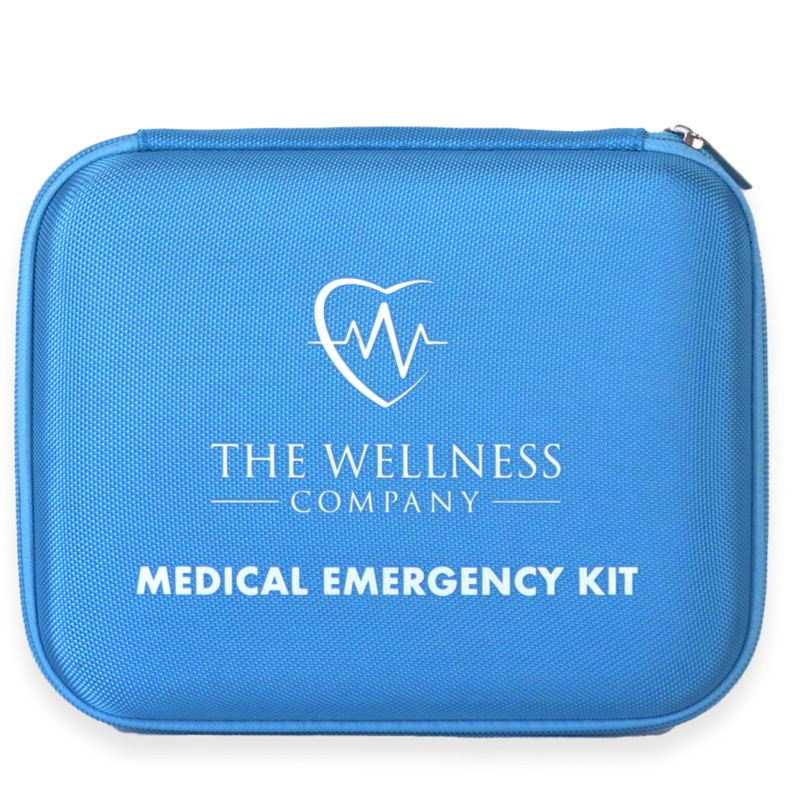Sleep And the Importance of Vitamin D

In recent years, there has been a surge in sleep disorders worldwide [1]. It is estimated that up to 70 million Americans suffer from sleep-related problems [2].
As more individuals and families seek affordable healthcare and better long-term health outcomes, there is a renewed interest in how good sleep affects overall health.
While there are many contributors to sleep quality, one that has recently been investigated is vitamin D deficiency.
Are People Vitamin D Deficient?
Almost one in two Americans has insufficient vitamin D levels [3]. This staggering number has been steadily increasing over the last several decades and is of crucial importance as the health and wellness community links vitamin D deficiency to various health conditions and diseases.
How are Vitamin D and Sleep Related?
Clinical studies in humans show that low vitamin D levels correlate with short, poor-quality sleep [4].
Because vitamin D receptors have been located in the brain regions involved in sleep regulation, researchers believe that vitamin D may be involved in regulating the sleep-wake cycle.
What is Vitamin D?
Vitamin D is a fat-soluble vitamin obtained through solar exposure and certain foods. In addition to its effect on sleep, it has previously been associated with a myriad of critical physiological functions [5], such as enhancing bone health and improving immunity.
Symptoms of Vitamin D Deficiency
Many individuals can have a vitamin D deficiency yet exhibit no symptoms. If symptoms do occur, they are most commonly as follows:
- Fatigue
- Bone pain
- Muscle weakness, aches, and cramps
- Mood changes, including anxiety and depression
Causes of Vitamin D Deficiency
- Medical conditions such as Celiac and Crohn’s disease
- Issues with the gut’s absorption of vitamin D
- Lack of sun exposure
- Lack of vitamin D ingestion through diet
- Medications including laxatives, steroids, and cholesterol-lowering drugs
How to Test for Vitamin D
Healthcare providers do not usually order routine tests for vitamin D levels unless you have certain medical conditions, risk factors for vitamin D deficiency, or symptoms. Those seeking vitamin D tests should consult with a trusted healthcare provider or can order a home-testing kit from a reputable source.
How to Optimize Your Vitamin D Levels for Sleep
Sun exposure: Vitamin D needs can be met through daily sun exposure. However, each individual's vitamin D levels will vary depending on the season, time and length of the day, weather patterns, sunscreen use, and skin melanin content. Five to thirty minutes of sun exposure daily – or at least twice per week – is recommended to promote adequate vitamin D synthesis. Commercial tanning beds that emit radiation levels under 6% UVB can also be effective.
Supplementation: It is recommended to ingest approximately 400-800 IU per day of vitamin D with food, with upper limit intakes from 1000-4000 IU per day.
Foods: Great sources of vitamin D include cod liver oil, fatty fish such as trout and salmon, mushrooms, and eggs, as well as fortified soy, almond, and oat milk. Animal foods tend to be more bioavailable than other vitamin D sources.
Safety: Vitamin D supplements may interact with certain medications, including statins and steroids, and it is recommended that you discuss your individual needs with your trusted health care provider.
If you and your trusted healthcare provider deem vitamin D supplementation appropriate for you, check out The Wellness Company's vitamin D product, which is combined with vitamin K2 for increased efficacy and safety.
References
[1] McArdle, N., Reynolds, A. C., Hillman, D., Moses, E., Maddison, K., Melton, P., & Eastwood, P. (2022). Prevalence of common sleep disorders in a middle-aged community sample. Journal of Clinical Sleep Medicine, 18(6), 1503-1514.
[2] https://www.sleephealth.org/sleep-health/the-state-of-sleephealth-in-america/
[3] Liu, X., Baylin, A., & Levy, P. D. (2018). Vitamin D deficiency and insufficiency among US adults: prevalence, predictors and clinical implications. British Journal of Nutrition, 119(8), 928-936.
[4] Gao, Q., Kou, T., Zhuang, B., Ren, Y., Dong, X., & Wang, Q. (2018). The association between vitamin D deficiency and sleep disorders: a systematic review and meta-analysis. Nutrients, 10(10), 1395.
[5] DeLuca, H. F. (2004). Overview of general physiologic features and functions of vitamin D. The American journal of clinical nutrition, 80(6), 1689S-1696S.














